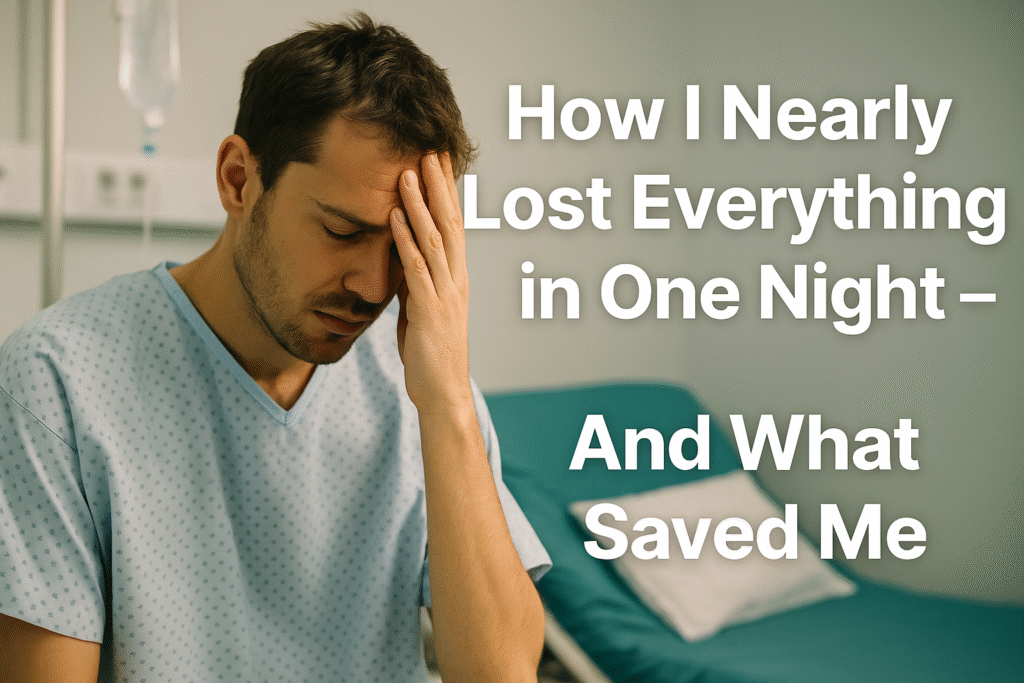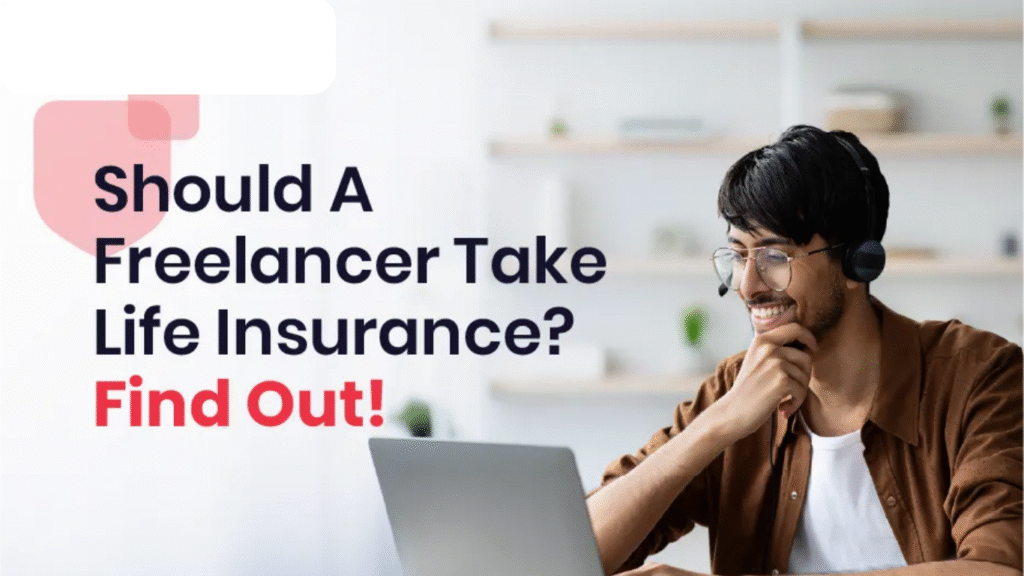
How I Nearly Lost Everything in One Night — And What Saved Me
It Started with a Phone Call I’ll Never Forget
It was late. My phone rang. “Your brother’s in the ER,” the voice said. Time slowed. I rushed to the hospital, heart racing, brain frozen. But once I saw him, the panic didn’t end — it got worse.
He had no health insurance.
I thought the worst was over when the doctor said he would recover. But then the bills started showing up. And they didn’t stop. Ambulance. Emergency room. Tests. Medications. Doctor fees.
We were drowning before we even started.
🚨 Emergency Coverage Quiz
The Shocking Cost Breakdown
Here’s what came within the first two weeks:
- ER visit: $3,200
- CT scan: $850
- Ambulance ride: $1,400
- Medications & follow-up: $700+
Total: Over $6,000
No discounts. No coverage. Just cold, terrifying numbers.
We even had to take a small loan to keep the electricity on that month. That’s the level of damage a single uninsured emergency can cause.
We Had No Insurance. But We Still Found Help.
I knew we couldn’t pay it all. So I did what most people don’t realize they can do:
- Requested an itemized bill — some charges dropped when we questioned them.
- Spoke to hospital billing — they offered a payment plan.
- Asked about financial assistance — and got a 40% reduction through hospital charity care.
- Applied for emergency Medicaid — and he qualified for limited retroactive coverage.
- Contacted nonprofit advocacy groups — they guided us through appeal letters and legal advice.
We even got assistance from a church-based organization that contributed to one of the medication costs.
Another Story: My Friend’s Battle Without Coverage
My frind Alex, a freelancer with no insurance, delayed seeing a doctor for severe stomach pain. When he finally went in, it turned out to be appendicitis. His emergency surgery and three-day hospital stay cost him $14,000. He’s still paying that debt two years later.
The Turning Point: Finding the Right Insurance After the Storm
Once he recovered, we couldn’t risk going uninsured again. Here’s what we explored:
- Marketplace Bronze Plan (via Healthcare.gov): $318/month
- Short-Term Plan (3-month): $120/month
- State Aid Plan (low income): $15/month
We chose the short-term plan temporarily while waiting for the open enrollment window. Now, he’s covered.
Later, we upgraded to a Silver Plan with cost-sharing reductions because of our household income. It brought our deductible from $6,000 down to $1,200.
That’s when I realized: insurance is peace of mind.
ALSO READ ; “What Happens With No Health Insurance in the US 2025: Sarah’s $22,000 Emergency Story”
How You Can Avoid What We Went Through
Here are real options, especially if you’re currently uninsured:
| Plan Type | Average Monthly Cost | Ideal For |
|---|---|---|
| Bronze | $300–350 | Healthy adults with emergency-only needs |
| Silver | $450–600 | Balance of cost + coverage |
| Gold | $600–800 | Those with chronic conditions or frequent care |
| Catastrophic | $150–200 | Under 30s, low-income individuals |
| Medicaid | Often Free | Based on income and state rules |
Where to start:
- Healthcare.gov
- Benefits.gov
- State health portals
- Local clinics and community outreach centers
- https://www.healthcare.gov
- https://www.benefits.gov
- https://www.needymeds.org (for assistance programs)
Hidden Help: Programs Most People Overlook
We also learned about:
- Sliding scale clinics that adjust costs based on income
- Patient assistance programs for medications
- Medical credit cards with deferred interest for 12 months
- Community health outreach events that offer free screenings
- Religious hospital programs offering charity-based care
Many states even have “hospital financial counselors” — most people don’t even know they exist.
5 Common Mistakes People Make Without Insurance
- Ignoring the bills — they grow with late fees and collections.
- Not applying for charity aid — it’s available in almost every hospital.
- Visiting ER for non-emergencies — urgent care is much cheaper.
- Not checking eligibility for Medicaid — many are eligible and don’t realize it.
- Waiting for open enrollment — instead of exploring short-term plans now.
Additional Real Case: Losing Coverage Mid-Treatment
Maria, a single mother in Texas, lost her job mid-treatment for her son’s asthma. Without employer coverage, she was stuck with $500/month prescriptions. She applied for CHIP (Children’s Health Insurance Program) and got approved in under 14 days. It saved her nearly $6,000 that year.
What to Do if You’re Uninsured Right Now
If you’re reading this and currently don’t have insurance, don’t panic — act. Start with these 3 steps:
- Check if you qualify for Medicaid or a subsidy
- Go to Healthcare.gov and fill out the eligibility tool
- Explore short-term or catastrophic plans
- These provide temporary protection until full enrollment
- Call your local community health center
- They can help you enroll, apply for charity care, and even offer basic services
Even if you think you’re ineligible, applying takes minutes and may reveal surprising options.
Most Asked Questions (2025 Edition)
Q: Can hospitals deny treatment if I have no insurance?
A: No. Under the EMTALA law, hospitals must stabilize patients in emergencies, regardless of insurance.
Q: How much can an ER visit cost without insurance in 2025?
A: Anywhere from $1,000 to $5,000+ depending on treatment and state.
Q: What’s the cheapest way to get covered now?
A: Medicaid (if eligible), or a short-term plan until open enrollment.
Q: What if I have a pre-existing condition?
A: You can still get full coverage through ACA marketplace plans. Short-term plans may not cover you.
Q: Can I get help if I already received the bill?
A: Yes. Call the billing department. Apply for financial aid. Negotiate. Many bills can be reduced even after service.
Q: What happens if I never pay the medical bill?
A: It could go to collections and damage your credit. But most hospitals prefer partial payments or aid agreements over collections.
Q: Are there free clinics in every state?
A: Yes, most states have federally qualified health centers (FQHCs) that offer services on a sliding scale.
Q: How do I compare insurance plans easily?
A: Use the plan comparison tool on Healthcare.gov or contact a free insurance navigator in your area.
Q: What if I’m self-employed and can’t afford insurance?
A: Many self-employed individuals qualify for subsidies under the ACA. You can also look into association health plans or cost-sharing health cooperatives which offer lower rates.
Q: Is it better to pay the penalty or buy insurance?
A: While there is no longer a federal penalty for being uninsured, the financial risk of being without coverage far outweighs the savings. A single ER visit can cost more than an entire year’s worth of insurance premiums.
Many people avoid discussing health insurance until it’s too late. But being proactive today could save you from overwhelming financial hardship tomorrow. Even small steps—like checking Medicaid eligibility—can completely change your situation.
A few hours of research or help from a navigator can help you discover affordable options. You’re not alone, and assistance exists in nearly every state. Don’t wait until you’re in a crisis—prepare now.
Final Thoughts: Don’t Wait Like We Did
I wouldn’t wish what we experienced on anyone. If you’re reading this and don’t have insurance, this is your warning and your opportunity.
You can:
- Get coverage today
- Reduce what you already owe
- Be ready before life hits
Because one day, it won’t be just someone else’s story.
It’ll be yours.
Need Help? Click below to compare plans or check your eligibility instantly: 👉 Start Here – Compare 2025 Plans
Stay protected. Stay informed.
Your health and your future deserve that much.
- Brain Injury Attorney Kansas City: Secure the Compensation You Deserve in 2025
- Best Car Accident Attorney in Houston: Protect Your Rights & Win Your Claim in 2025
- Why Hiring the Wrong Attorney After an Accident Can Cost You Everything (And How to Choose the Right One)”
- Lafayette Car Accident Lawyer – Top Attorneys in Lafayette, LA (2025)
- 🚗 “I Didn’t Know I Needed a Car Accident Attorney—Until My Life Fell Apart in 7 Seconds”

